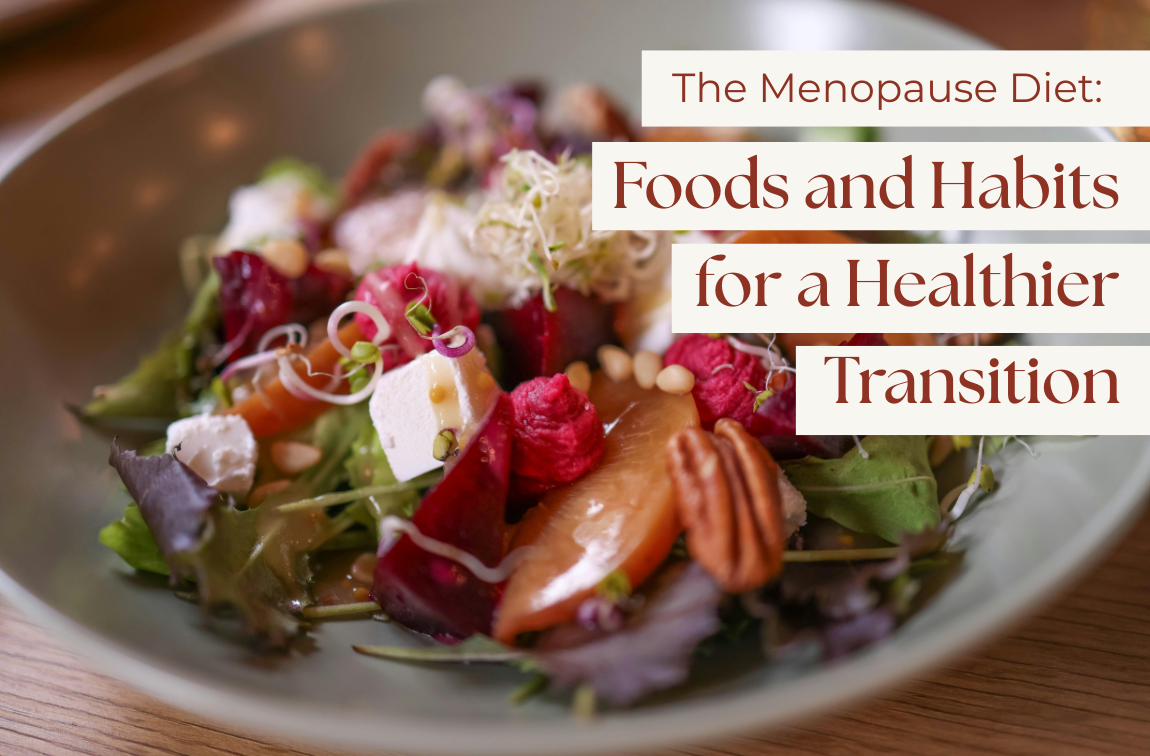Natural Remedies for Menopausal Hot Flashes

For many women, menopause is more than just a stage of aging; it's a series of physiological and emotional adjustments. Starting typically around age 50, it's a transition many see as an unwelcome guest, bringing along disturbances like the notorious hot flashes. But what if our plant-based diet could offer some relief?
Hot flashes - that almost cinematic moment where women experience an overwhelming warmth, a reddening of the chest, neck, and face, followed often by perspiration - are, unfortunately, a reality for about 85% of women going through menopause. For some, this isn't just a fleeting experience: two-thirds report these episodes for over two years, and over a third grapple with them for over half a decade.
Behind the scenes, these flushes of heat might result from a disturbance in the body's temperature controls, stemming from declining estrogen levels during menopause. Interestingly, it's not just the low estrogen but the act of withdrawing from it, linked with these sudden thermal surges.
Now, onto the world of plants. Enter phytoestrogens. Phytoestrogens are plant-derived compounds with a structure similar to the human hormone estrogen, allowing them to bind to estrogen receptors in the body. These phytoestrogens are found in everyday foods like beans, broccoli, and berries. The compounds bear a resemblance to the estrogen our bodies produce. They can attach themselves to estrogen receptors in our system and influence their activity, albeit at a potency much lower than our body's natural estrogen.
One phytoestrogen, genistein, has shown particular promise. Genistein is an isoflavone, a phytoestrogen primarily found in soy products.
Because of this ability to bind to estrogen receptors, genistein can exert both estrogenic and anti-estrogenic effects. This dual nature has made genistein an interest in various health-related studies. In a meticulously designed year-long study, postmenopausal women taking genistein supplements experienced over half the hot flashes they used to, and those episodes were about 40% less intense. Another study confirmed genistein's potential, noting a 51% drop in hot flash occurrence among its participants.
Another botanical player, the spruce lignans - extracted from Norwegian spruce - also holds promise. Women given these phytoestrogens witnessed a staggering 50% drop in their weekly hot flash count in just two months. Even the more severe episodes saw an approximately 80% decline.
Here's the big picture: as menopause sets in, estrogen goes on a bit of a rollercoaster before settling down, leading to those pesky hot flashes for many. For women who can't take hormones or don't want to take hormones, plants, with their phytoestrogens, might offer a buffer, helping maintain a semblance of balance.
The body of evidence is steadily growing, and as we anticipate further research, it's intriguing to contemplate the possibility that our dietary choices could serve as a potential remedy for one of the most troublesome symptoms of menopause.





